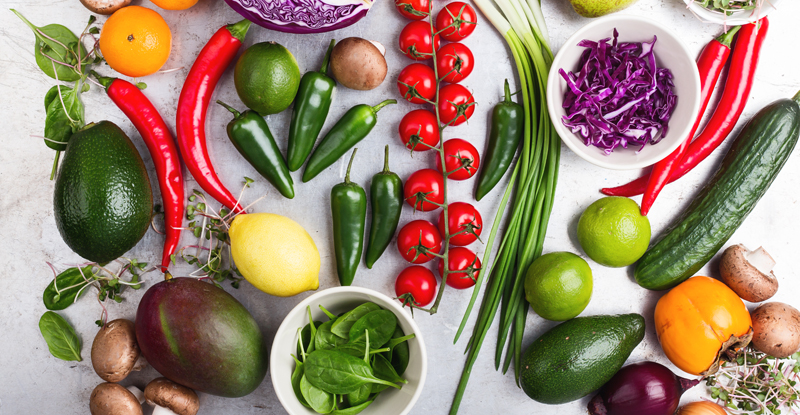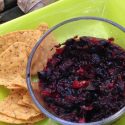Is the vegan diet healthy?

Nutrition can be confusing! With so many different diet and lifestyle (vegan, keto, Whole30, etc.) options, “expert opinions,” and marketing pushes, it can be difficult to know if you’re really making healthy choices.
I was recently picking up dinner at popular health food grocery store and stopped on my way out to take a peek at the desserts. I did a double take looking at the nutrition facts label for the vegan cupcake. There were over 800 calories in one cupcake!
Considering that the average daily recommended calorie intake is around 2,000, that’s quite a lot. The classic cupcake contained just over 200 calories. Without looking at a nutrition facts label, would most people be inclined to choose the vegan cupcake assuming it was healthier?
What is a vegan diet?
Veganism was founded in 1944 and has since become increasingly popular. The vegan diet was created as an extreme form of vegetarianism and, as such, vegans avoid any products that come from animals. This includes dairy products, meat, poultry, fish, eggs, and any foods or beverages that contain these ingredients.
Many who follow a vegan diet also avoid animal by-products in other areas of their lives, avoiding all products (not just food) that contain the above ingredients.
Does vegan always mean healthy?
Not always. Research tells us that a diet filled with plant-based foods has many health benefits and can be nutritious. But, not all vegan-friendly foods are healthful nutrition choices.
Even when following a vegan diet, it can be easy to consume more calories than your body needs, often thanks to empty calories, excess sugar, and excess fat. Keep in mind, this cupcake, Swedish Fish, and Oreos are all vegan-friendly. Would you consider all of that to be healthy and nutritious?
What are some tips and tricks to make healthier choices?
Nutrition facts labels are a great tool that provide ingredient information, serving size, and nutrition facts per serving size. Moral of the story: There are plenty of unhealthy foods to eat regardless of the diet or lifestyle you follow. Pay attention to ingredients and the portion sizes of the foods you consume.
Sources:
Harvard Health Publishing. (2014, April). Harvard Women’s Health Watch: Is a vegetarian or vegan diet for you?. Retrieved Sept. 2019 from Harvard Health Publishing: https://www.health.harvard.edu/staying-healthy/is-a-vegetarian-or-vegan-diet-for-you.
Suddath, Claire. (2008, Oct. 30). A Brief History of Veganism. Retrieved Sept. 2019 from Time Magazine:https://time.com/3958070/history-of-veganism/.



